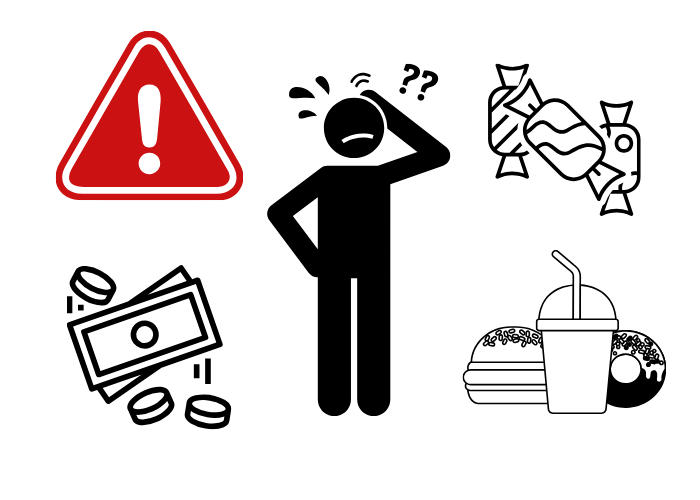The Mental Capacity Act (MCA) protects adults’ rights to make decisions. However, in the case of people with PWS, the application of the MCA, particularly around decisions about food or the use of money, can be a challenge.
People with PWS, if allowed to, would eat excessively and develop life-threatening levels of obesity. They also have difficulties with impulse control and risk awareness.
These difficulties are of biological origin and although they may have some understanding of risk, they are often unable to regulate their responses and behaviours, thereby putting their health and safety at risk.
There have been multiple examples of people with PWS being judged to have the mental capacity to make decisions about their diet and the use of money to buy food, where they have stated that they understood the issues but have subsequently gone on to overeat and to die from the consequences.
In the case of people with PWS, focussing just on cognitive understanding will not fully address the complexity of their behaviour and any impairments in their decision-making capacity.
It is often the context that matters and their ability to apply their understanding, weighing it up, and arriving at a decision that is a challenge. Professionals must balance all of this respecting autonomy where appropriate but also seeking to safeguard the person's wellbeing being aware of the potential serious risks to health and quality of life.
As well as dying from obesity-related complications, people with PWS can and do die from gastric rupture following a single binge eating episode, even if they do not have obesity.



